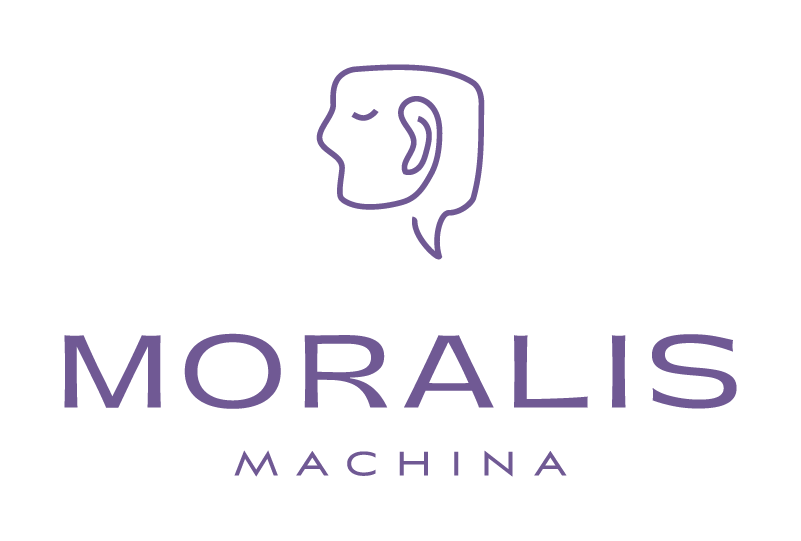And why behavioral health leaders can’t afford to waitIt hasn’t made the headlines yet, but it will.
What we’ve seen before: When funding gets pulled fast
Our team has deep roots in behavioral health, across clinical, operational, and consultative roles. We’ve been in the room when:
- A major commercial funder pulled out of a state overnight
- $500k+ in services were clawed back due to a documentation audit
- Entire teams had to scramble to re-credential with new payers, with no warning
- Assignments
- Clinics had to lay off staff, shift caseloads, and absorb the reputational damage of a crisis they didn’t cause
Write your awesome label here.
Why this time is different
The changes in Medicaid are systemic, structural changes, not just a billing rate adjustment.
Here’s what makes this moment especially high risk:
Volume of Changes
Most ABA providers are Medicaid-heavy. A 15% drop in revenue could put clinics underwater.
Timeline Compression
Changes like the elimination of CPT 97155 in states like New Hampshire could go into effect with <60 days’ notice.
Eligibility Changes
Proposed work requirements and more frequent eligibility checks threaten to destabilize entire client populations.
Operational Fragility
Most clinics don't have the infrastructure to scenario plan across multiple revenue pathways, or the staffing agility to flex without chaos and major frustrations.
What isn’t on the balance sheet, but matters just as much
We’ve seen this play out before. When funding drops, there’s a cascading effect:
-
Schedulers break under the weight of chaos
-
Families panic, and some walk
-
Your best clinicians look for safer jobs
-
Google and Glassdoor reviews tank
-
Admin teams scramble to meet new payer rules
-
Revenue lags with tons of denials
-
Reauthorizations crawl to a halt
So we built what we wish we’d had.
